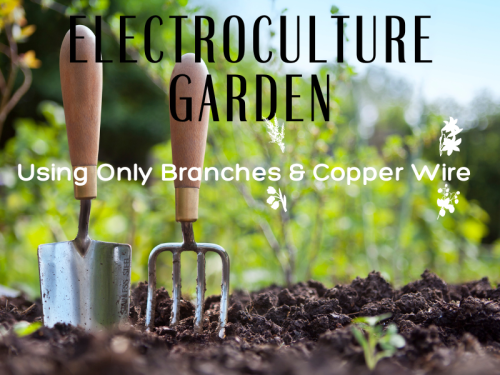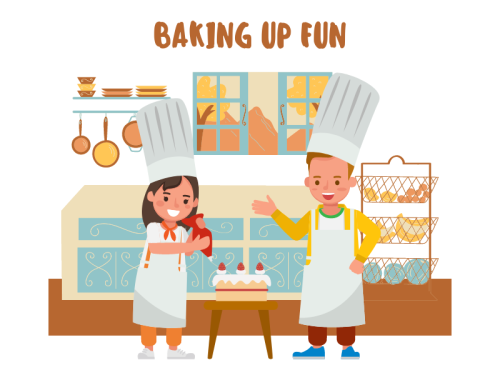Baking Up Fun: How to Incorporate Baking into Your Homeschool Curriculum
Are you looking for a deliciously educational way to spice up your homeschool routine? Look no further than the kitchen! Baking isn't just about creating mouthwatering treats; it's also a fantastic way to teach valuable lessons across various subjects. From math and science to history and culture, incorporating baking into your homeschool curriculum can be both educational and enjoyable for the entire family. Let's explore some creative ways to mix learning with baking.
1. Math Lessons in Action:
Baking offers numerous opportunities to reinforce math concepts such as fractions, measurements, and conversions. Have your children practice their math skills by following recipes, doubling or halving ingredient quantities, or even creating their own recipes. They'll quickly see how math applies to real-life situations as they measure ingredients, divide dough, and calculate baking times.
2. Science Behind the Sweetness:
Delve into the science of baking by exploring concepts like chemical reactions, fermentation, and heat transfer. Encourage your children to hypothesize about what will happen when certain ingredients are combined or when baking conditions are altered. Experiment with different leavening agents, observe how dough rises, and discuss the role of temperature in baking. These hands-on experiments will make science come alive in the kitchen.
3. History Baked into Every Bite:
Discover the rich history behind traditional baked goods from around the world. Research the origins of popular recipes, explore how ingredients were traded along ancient trade routes, and learn about the cultural significance of certain dishes. Whether it's the history of chocolate chip cookies or the origins of pizza, baking provides a tasty gateway to learning about different cultures and time periods.
4. Language Arts with a Side of Scones:
Enhance language skills by incorporating reading, writing, and communication into your baking activities. Have your children read and follow recipes, write their own baking instructions, or even create a food blog to document their culinary adventures. Encourage them to describe the tastes, textures, and aromas of their creations, expanding their vocabulary and honing their descriptive writing skills.
5. Life Skills Rise to the Occasion:
Beyond academic subjects, baking also teaches valuable life skills such as organization, time management, and teamwork. Assign roles and responsibilities in the kitchen, practice proper kitchen safety and hygiene, and work together as a family to achieve a delicious outcome. These practical skills will serve your children well beyond the kitchen, helping them become more independent and capable individuals.
In Conclusion:
Incorporating baking into your homeschool curriculum is a delightful way to blend learning with hands-on fun. From mastering math concepts to exploring the science behind baking, there's no shortage of educational opportunities in the kitchen. So, roll up your sleeves, preheat the oven, and let the learning begin! Who knows? You might just discover a passion for baking that lasts a lifetime. Happy baking, and happy homeschooling!
If you are interested in taking it a step further and take a class, check this out: King Arthur Baking Classes





